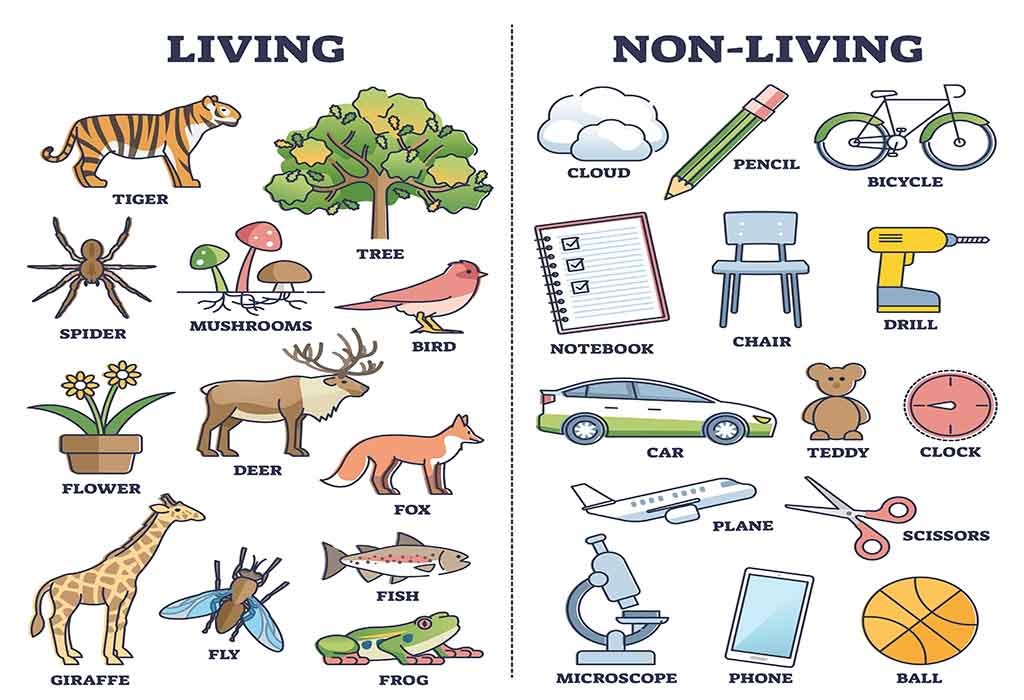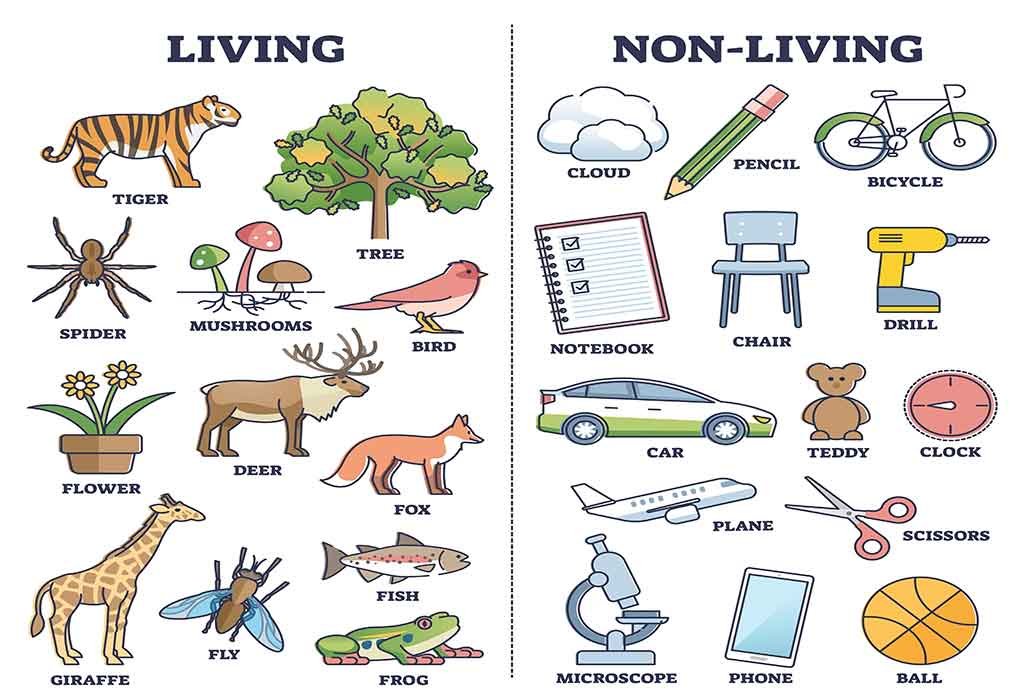Bankman training is an essential stepping stone for individuals aspiring to work in the banking sector. This training focuses on equipping participants with the necessary skills and knowledge to navigate the complexities of finance and customer service. As banking evolves with technology, the demand for well-trained professionals has never been higher. Bankman training helps individuals understand the various functions of a bank, including account management, loan processing, and investment advising.
Moreover, the training emphasizes the importance of ethical behavior and compliance with regulations. This foundation ensures that future bank professionals not only excel in their roles but also contribute positively to the financial system. With the rise of digital banking and online services, having a solid understanding of both traditional and modern banking practices is crucial. This training prepares individuals to adapt to changing environments, making them valuable assets to any financial institution.
Key Skills Developed Through Bankman Training
Bankman training is designed to cultivate a diverse set of skills that are critical for success in the banking industry. One of the most important skills is financial literacy. Trainees learn to analyze financial statements, understand market trends, and make informed decisions based on data. This knowledge is vital for advising clients on financial matters and ensuring the bank’s profitability.
Another key skill developed is customer service. Bank employees often interact with clients who seek assistance with their accounts or financial products. Training programs emphasize effective communication, empathy, and problem-solving, enabling bank staff to address customer inquiries efficiently. Additionally, trainees learn conflict resolution techniques, which are essential for maintaining positive client relationships.
Lastly, problem-solving abilities are honed throughout the training process. Bankmen often face complex situations requiring quick thinking and effective solutions. By developing these skills, trainees are better prepared to handle the challenges that come with working in a fast-paced financial environment.
Types of Bankman Training Programs
There are several types of bankman training programs available, each catering to different learning styles and career aspirations. On-the-job training is a common approach where new hires learn directly from experienced professionals. This hands-on method allows trainees to gain real-world experience while applying theoretical knowledge.
Formal educational courses are another option, often offered by colleges and universities. These programs typically cover a broad range of topics, including finance, economics, and banking regulations. Completing a degree in finance or a related field can significantly enhance a candidate’s qualifications.
Online training options have gained popularity, especially with the rise of remote learning. Many institutions offer online courses that cover essential banking skills at a flexible pace. These courses often include interactive modules, video lectures, and assessments, making learning convenient and accessible. Trainees can choose the format that best suits their needs and schedules, ensuring they receive comprehensive training.
The Role of Certifications in Bankman Training
Certifications play a crucial role in Banks man training, helping candidates stand out in a competitive job market. Industry-recognized certifications demonstrate a commitment to professionalism and a thorough understanding of banking principles. They can enhance a resume and increase employability, making certified individuals more attractive to potential employers.
One popular certification is the Certified Banking Professional (CBP), which covers key topics like risk management, compliance, and customer service. Earning this certification can provide a strong foundation for a successful banking career. Other notable certifications include the Certified Financial Planner (CFP) and the Chartered Financial Analyst (CFA), both of which signify advanced knowledge in finance and investment.
Pursuing these certifications often requires additional study and passing an examination. However, the effort is worthwhile, as they can lead to higher salary potential and greater job security. In an industry where trust and expertise are paramount, certifications help bank professionals build credibility with clients and employers alike.
The Training Process: What to Expect
The training process for bankman positions can vary, but it typically spans several weeks to months, depending on the program and institution. New hires usually undergo an orientation period where they learn about the bank’s policies, culture, and structure. This initial phase is critical for understanding the organization’s values and expectations.
Once orientation is complete, trainees engage in a mix of classroom instruction and hands-on experience. They may shadow experienced employees, participate in workshops, and complete assignments designed to reinforce their learning. Daily activities might include role-playing customer interactions, analyzing financial documents, or reviewing case studies related to banking scenarios.
Throughout the training, feedback is essential. Regular evaluations help trainees identify their strengths and areas for improvement. Mentorship from seasoned professionals can also provide valuable insights, guiding trainees as they transition into their roles. Overall, the training process is designed to equip individuals with the tools needed for success in the dynamic banking environment.
Challenges Faced During Bankman Training
Bankman training can be challenging, as it requires a balance of theoretical knowledge and practical application. One common hurdle is the steep learning curve associated with understanding complex financial concepts and regulations. Trainees may initially feel overwhelmed by the amount of information they need to absorb, leading to stress and anxiety.
Another challenge is developing strong interpersonal skills. Interacting with clients can be daunting, especially for those who may not have previous experience in customer service. Trainees might struggle with handling difficult conversations or resolving conflicts effectively. Building confidence in these areas takes time and practice.
To overcome these challenges, trainees can seek support from mentors and peers. Engaging in group discussions, role-playing scenarios, and asking questions can help clarify difficult concepts and improve communication skills. Additionally, maintaining a positive attitude and a willingness to learn are essential for overcoming obstacles throughout the training process.
Career Opportunities After Bankman Training
Completing bankman training opens the door to a variety of career opportunities within the banking sector. Trainees may start as bank tellers, where they handle customer transactions and provide basic account services. This entry-level position is a great way to gain experience and understand the day-to-day operations of a bank.
As individuals gain experience and develop their skills, they can advance to roles such as personal bankers or financial advisors. These positions involve more complex interactions with clients, including providing tailored financial advice and assisting with loan applications. For those interested in risk management or compliance, roles such as credit analysts or compliance officers may be appealing.
Long-term career growth possibilities are abundant in the banking industry. With additional training and certifications, individuals can move into management positions, overseeing teams and branch operations. The skills gained through bankman training provide a solid foundation for a rewarding career in finance, with opportunities for specialization in various areas.
Conclusion: The Future of Bankman Training
The landscape of banking and finance is continually evolving, driven by technological advancements and changing consumer expectations. As a result, bankman training must adapt to prepare future professionals for these shifts. Emphasizing digital skills, data analysis, and cybersecurity will be crucial for upcoming training programs.











